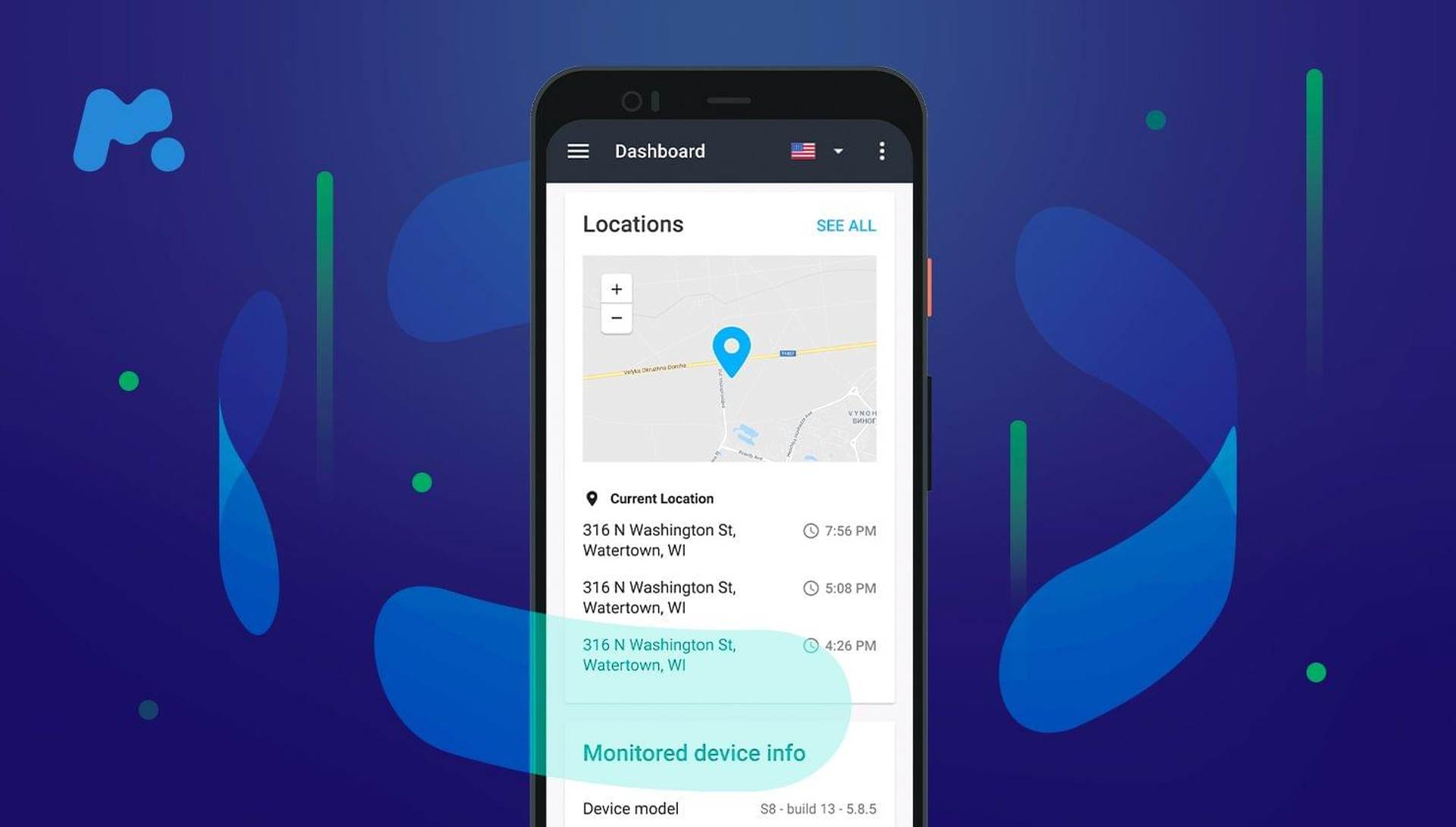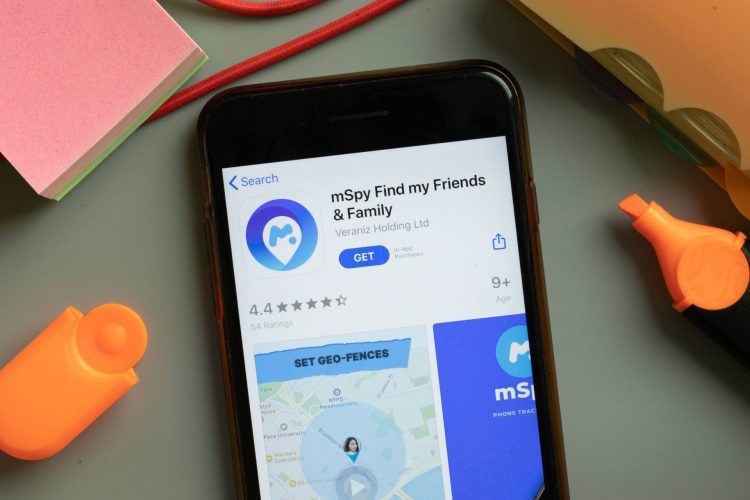The mSpy data breach has once again highlighted the vulnerabilities in the world of phone spyware.
mSpy, a widely used phone surveillance app, has suffered a massive data breach, exposing millions of its customers’ sensitive information.
The mSpy data breach, which happened just yesterday, has brought to light the extensive personal details that were compromised, affecting a vast number of individuals globally.
The extent of the mSpy data breach
The mSpy data breach is notable not only for its scale but also for the nature of the data exposed. Unknown attackers accessed millions of customer support tickets from mSpy’s Zendesk-powered system, encompassing records from 2014 to 2024. These tickets included personal information, email communications, and attachments with personal documents. The breach revealed a vast amount of sensitive information, which is particularly concerning given the app’s usage.

mSpy markets itself as a tool for tracking children or monitoring employees. However, it is often used to monitor individuals without their consent, earning the label “stalkerware.” This spyware allows users to remotely access a phone’s contents in real-time, typically requiring physical access to the device initially. Consequently, the data in the breach included emails from people seeking assistance with tracking their partners, relatives, or children surreptitiously.
Sensitive information at risk
The mSpy data breach exposed not just customer emails and support tickets but also highlighted the misuse of the app by various individuals and institutions. Among the leaked data were requests for support from several senior-ranking U.S. military personnel, a U.S. federal appeals court judge, and a U.S. government department’s watchdog. Even an Arkansas county sheriff’s office sought a free license to trial the app. These revelations underscore the sensitive nature of the information compromised and the potential implications for those involved.
TechCrunch’s analysis of the leaked dataset, which consisted of over 100 gigabytes of Zendesk records, revealed that many of the email addresses belonged to unwitting victims targeted by mSpy customers. Some of these individuals were journalists, law enforcement agents, and even FBI personnel seeking information about criminal suspects. This breach, therefore, not only exposed mSpy’s customers but also potentially jeopardized ongoing investigations and personal privacy.

mSpy spyware’s fallout
Despite the severity of the mSpy data breach, the company behind mSpy, Brainstack, has not publicly acknowledged or disclosed the breach. This lack of transparency raises concerns about the accountability and responsibility of companies handling such sensitive information. Troy Hunt, who runs the data breach notification site Have I Been Pwned, added about 2.4 million unique email addresses of mSpy customers to his site’s catalog of past breaches, further highlighting the extensive reach of the compromised data.
The mSpy breach is part of a broader trend of spyware operations being targeted by hackers. The breach demonstrates that spyware makers struggle to secure their data, raising questions about the overall security practices of such companies. Despite the prevalence of these breaches, spyware applications continue to attract a significant user base, often due to their covert nature and the sensitive information they can access.
The company behind mSpy
Brainstack, the Ukrainian company behind mSpy, has remained largely in the shadows, avoiding public scrutiny despite operating one of the longest-running phone spyware services. The leaked data, however, exposed Brainstack’s involvement in mSpy’s operations, revealing information about its employees and their roles. Many of these employees used false names when responding to customer queries to hide their identities.

The mSpy data breach, first disclosed by hacker Maia Arson Crimew, and subsequently made available by DDoSecrets, a transparency collective, showed the internal workings of Brainstack. Despite multiple attempts by TechCrunch to reach Brainstack’s executives for comment, the company remained silent, further fueling concerns about its accountability.
Legal and ethical implications
The mSpy data breach raises significant legal and ethical questions. While purchasing spyware is not illegal, using it to monitor someone without their consent is unlawful in many jurisdictions. The leaked data included emails from U.S. authorities and law enforcement agencies, indicating a potential misuse of the software without proper legal procedures. For instance, an email from the Office of the Inspector General for the Social Security Administration inquired about using mSpy for criminal investigations, showcasing the blurred lines between legal use and potential abuse.
The breach also highlighted the use of mSpy by government officials and agencies, raising concerns about the legality and ethics of such surveillance practices. The exposed data pointed to the need for stricter regulations and oversight of spyware applications to protect individuals’ privacy and prevent unauthorized surveillance.
Featured image credit: mSpy





